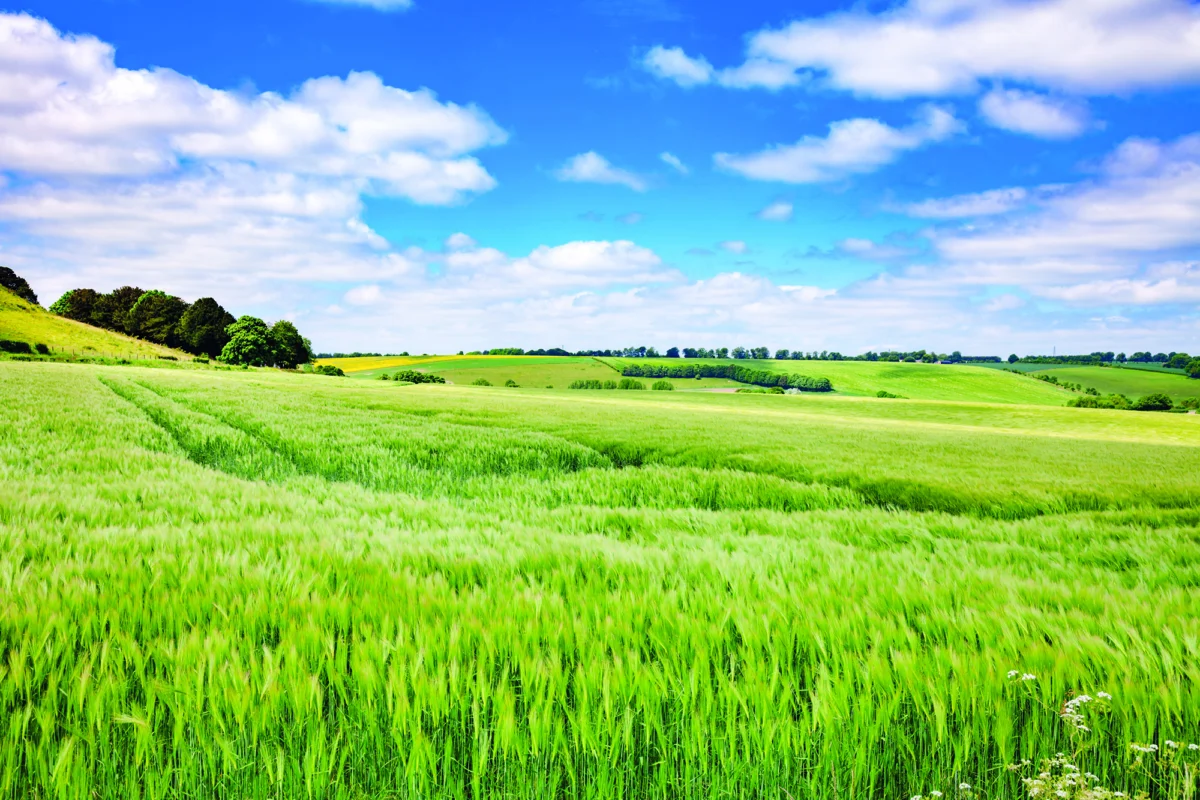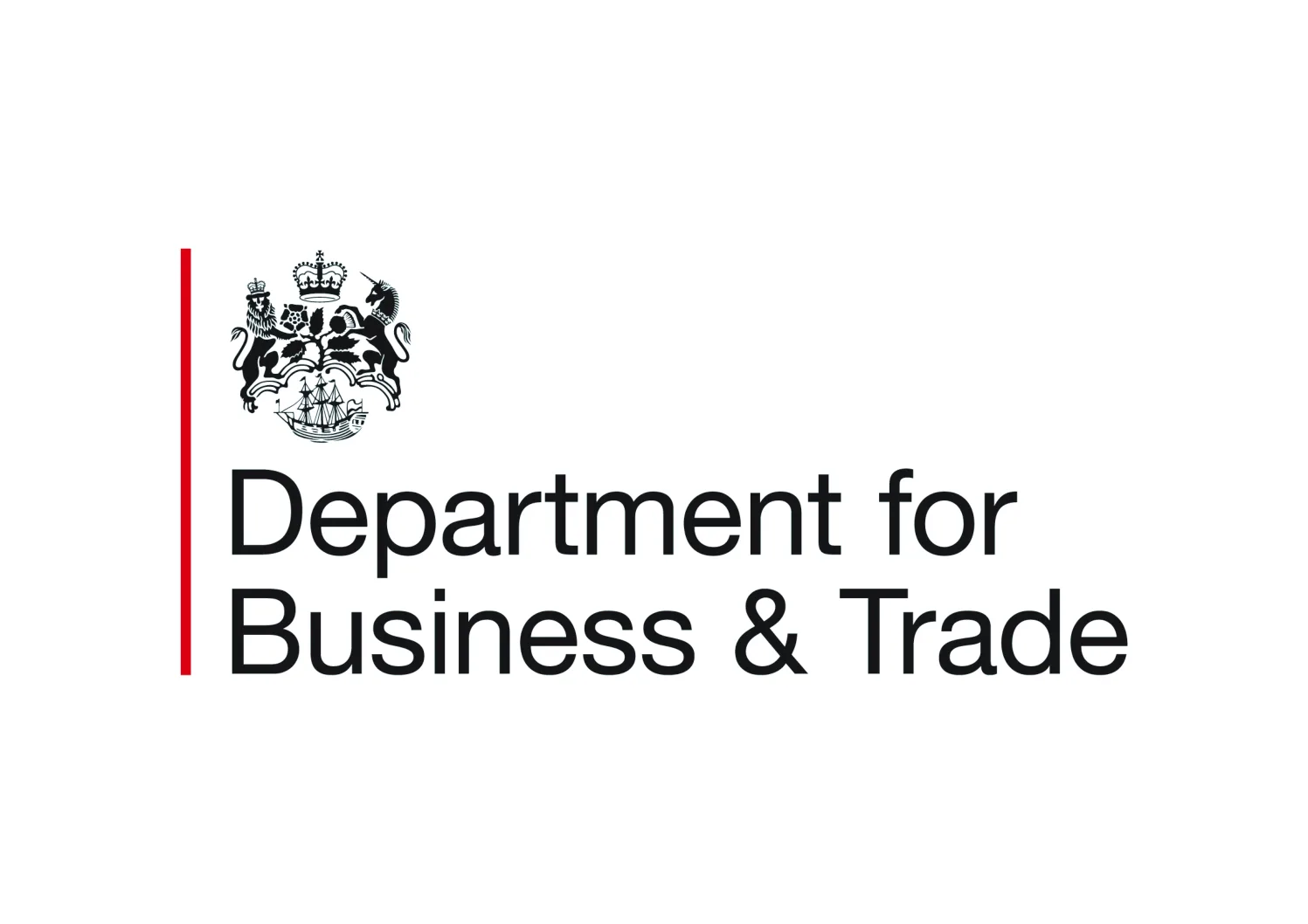Not only does the UK achieve some of the highest global crop yields, it’s also home to world-class agricultural research facilities and a truly entrepreneurial spirit.
It’s this progressive nature that is driving the UK crop sector to make the vital changes necessary to protect the planet’s future – ensuring that cropping systems are both productive and also environmentally sustainable. It’s able to do this by drawing on the latest in agri-tech breakthroughs, from the development of novel biopesticides to the application of robotics and precision engineering.
UK crop production boasts a national network of innovative R&D providers, such as the globally-renowned Rothamsted Research, James Hutton Institute, Cranfield University and the National Institute of Agricultural Botany (NIAB). This is supported by more than 70 higher education-level courses related to agriculture, delivered by the likes of Harper Adams, Reading, Nottingham and Newcastle universities. By nurturing the next generation of crop specialists, the UK can continue to demonstrate that it is a world leader in sustainable farming practices.
Although mainly recognised for producing cereal crops and potatoes, farming in the UK stretches far beyond just arable. From protected environments such as glasshouses and vertical farming systems, to developing alternative protein sources in the form of pulses and legumes, a connected approach between science and industry facilitates great diversity in food production. The UK also has a highly skilled network of top and soft fruit growers, including a fast developing viticulture sector. Collectively, this makes for 17.5 million hectares of Utilised Agricultural Area – forming 72% of land in the UK*.
But for the UK, it all begins from the soil up. Soil health is a strategic area of focus for not only academia, but for farmers too, proactively implementing techniques such as cover cropping, companion cropping, nurturing soil biology and optimising tillage. Furthered by overall environmental stewardship and caring for the countryside, this makes the UK ideally positioned to achieve its Government’s net zero target by 2050.
*DEFRA – Agriculture in the United Kingdom 2019








